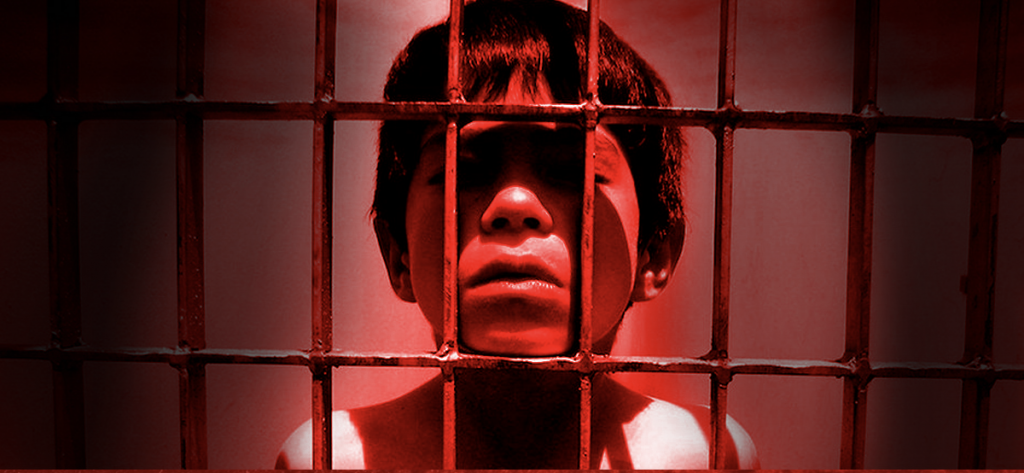Cause Title: Hansraj v. State of U.P.
Bench: Justice Dipankar Datta and Justice A.G. Masih
Introduction
In a landmark decision, the Supreme Court has held that the Juvenile Justice Act, 2000 (JJ Act) operates retrospectively — applying even to crimes committed before its enactment. The bench ordered the release of a murder convict who was a juvenile at the time of the offense in 1981. This decision reaffirms that juvenility claims may be entertained even long after conviction, safeguarding the constitutional rights of children accused as adults.
Facts & Procedural History
The petitioner, who was only 12 years old at the time of the murder committed in 1981, was convicted by a Sessions Court in 1984 and subsequently ordered to be placed in a children’s home under the Indian Children Act, 1960. In 2000, the Allahabad High Court acquitted him and three others on appeal, but this decision was reversed by the Supreme Court in 2009, which reinstated their convictions. The petitioner remained absconding until his arrest in 2022, by which time he had already spent over three years in detention under the JJ Act regime. He then filed a writ under Article 32, arguing that his detention violated his right to life and liberty.
Supreme Court’s Observations
JJ Act 2000 Applies to Past Offences
The Court reaffirmed that juvenility claims under the JJ Act 2000 extend to offences committed before April 1, 2001, citing Pratap Singh v. State of Jharkhand (2005) and Dharambir v. State (NCT of Delhi) (2010).
“The claim of juvenility can be raised at any stage, even after the final disposal of the case.”
Violation of Article 21
Since the petitioner had already served more than three years — the maximum period permissible for juveniles — his continued detention was held to be unconstitutional.
No Legal Bar in Earlier Law
The State could not point to any restriction in the Indian Children Act, 1960 that prevented relief under the newer JJ Act framework.
Immediate Release Ordered
The Court directed the immediate release of the petitioner, recognizing his right to life and liberty under Article 21.
Why This Matters
- Reaffirmation of Child Rights: The ruling cements India’s commitment to child-centric justice and reformative rehabilitation.
- Encouragement for Late Juvenility Claims: Even decades-old cases can now be reopened if the accused was a minor.
- Humanitarian Lens: The Court prioritized constitutional morality and fairness over procedural rigidity.
Legal Principles Involved
- Section 7-A, Juvenile Justice Act, 2000: Allows juvenility to be raised “at any stage” — trial, appeal, or even after final judgment.
- Article 21, Constitution of India: Protects life and personal liberty, violated here by excessive detention.
- Reformative vs. Retributive Justice: The judgment reinforces rehabilitation as the core philosophy of juvenile law.
Conclusion
The Supreme Court’s ruling in Hansraj v. State of U.P. is a strong reminder that justice must remain sensitive to age and circumstance. Even decades later, a person wrongfully treated as an adult offender retains the right to be recognized — and protected — as a child in the eyes of law.



